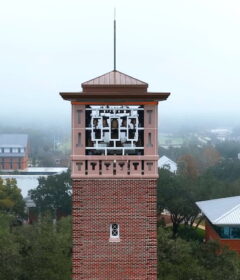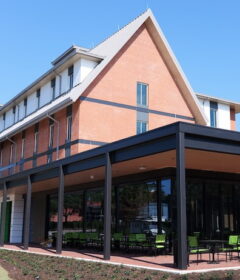Stetson Receives $2M NSF Grant to Support STEM Majors
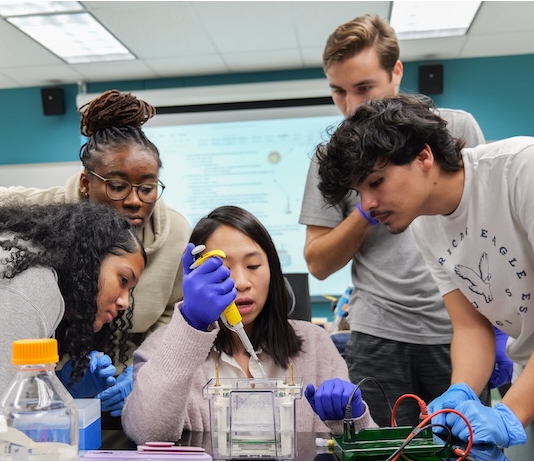
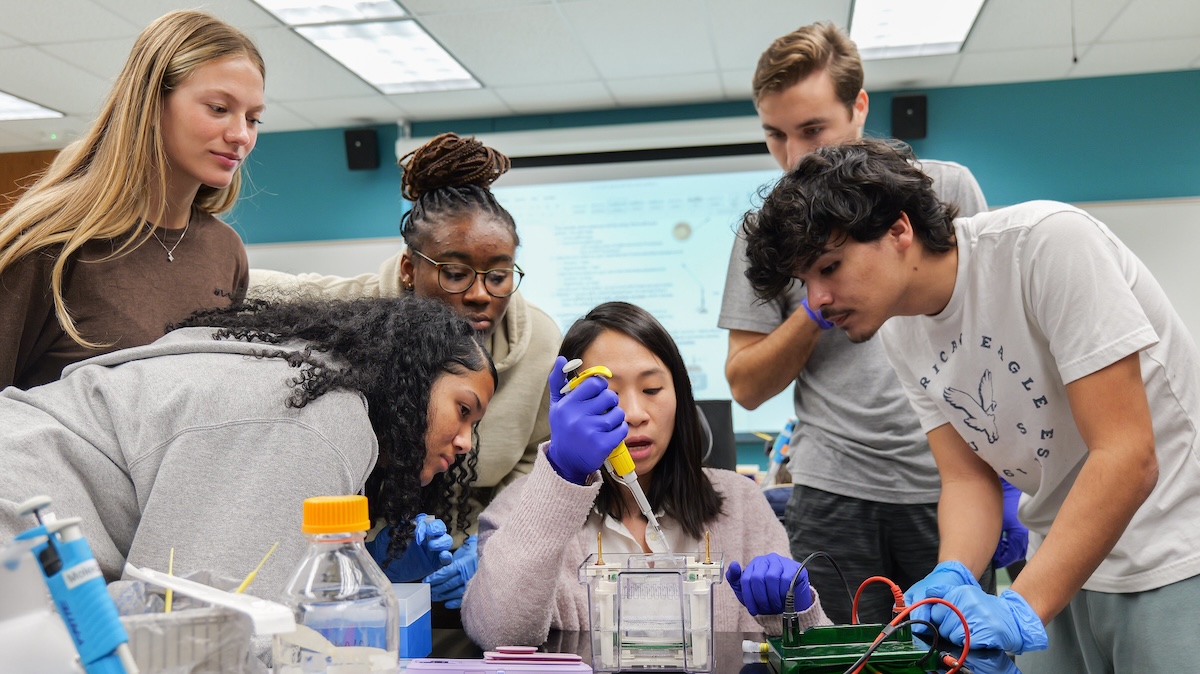
Stetson University has been awarded a $2 million grant from the National Science Foundation to provide academic and financial support for students pursuing STEM careers.
The NSF S-STEM award totals $1,999,991 over six years to support 24 STEM scholars across two cohorts of 12 students, beginning in the Fall 2026 semester.
The award includes support for academically talented students with financial need, providing up to $15,000 per year for each student. This is Stetson’s second such NSF grant since 2021.

The program is designed to retain, graduate and prepare students for careers in STEM through evidence-based practices such as summer research, a discovery-focused and cohort-based curriculum, a summer bridge program, a themed colloquium each semester, and enhanced advising.
A discovery-based curriculum will be used for students in their first year of the program, with courses in four tracks: Life Sciences, Field Sciences, Mathematics/Computer Science and Biophysical/Chemistry.
Assistant Professor of Biochemistry Matthew Shannon, PhD, is the Principal Investigator for the grant, and will work with nine other Stetson professors in fields from physics to math, environmental science, biology and psychology.
Shannon recognizes not only the “profound impact” the award will have on the 24 STEM scholars, but he also believes the lessons learned from the grant could help institutionalize high-impact initiatives at Stetson and across peer institutions to aid in retention, graduation and career placement.
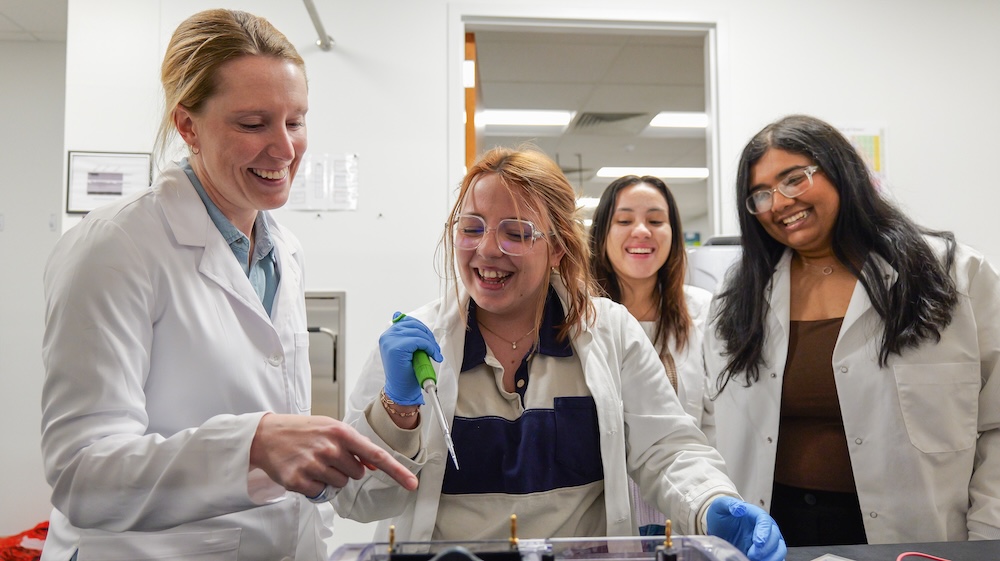
Just a month after receiving the NSF grant, a professor involved in the project also received a $547,875 grant from the National Institutes of Health. This NIH award for Kristine Dye, PhD, assistant professor of Health Sciences and Biology, will bolster her efforts to continue high-impact biomedical research on campus among undergraduates.
The grant will provide funding to buy materials for her lab, pay her undergraduate research assistants, and cover expenses for her and the research assistants to attend major research conferences. Currently, Dye and the students are studying viruses that cause cancer, specifically how Merkel Cell Polyomavirus causes the skin cancer Merkel Cell Carcinoma.
Both efforts are part of Stetson’s Hatter Ready initiative that provides students with immersive, hands-on experiences to prepare them for successful careers after graduation and admission to many top graduate schools.

